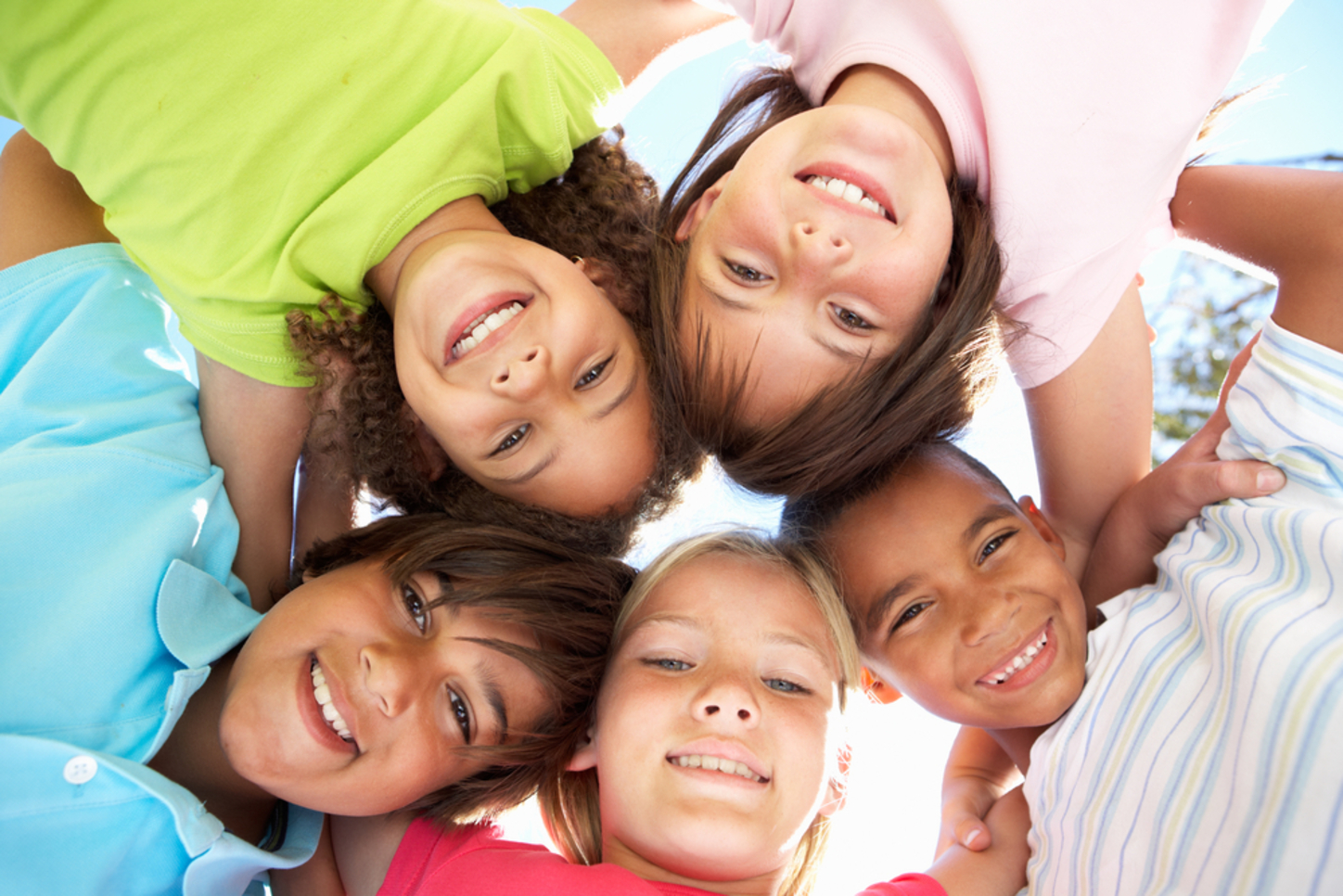
I’ve always been intrigued by the concept of generations in part because I don’t fit neatly into any. I’ve been called Gen X, Gen Y, Millennial, and Xennial. At just shy of 40, I’ve recently been labelled a geriatric millennial.
Um, no thanks.
Whatever you call it, I’m part of a micro generation with an analog childhood and a digital adulthood. That’s a fancy way of saying I can use a rotary phone and social media with equal ease. While all my college antics molder on film, I’ve found keg stand photos for my boomer boss who doesn’t use social media but wants to vet potential hires.
Certain events shape individuals during their developmental years until they form distinct groups with signature characteristics. Everything from wars to technological inventions mould children into the adults they become. The solidification of the digital world was such a defining event, children who experienced life before and after remain so unique we defy the established generational divide. For this reason, I predict we’ll need a new generational definition for the youngest members of Gen Z, which “ended” in the early 2010s, and generation Alpha beneath them.
Your guess is as good as mine as to what happened in 2010 to justify a generational shift, but we all know what happened in 2020. Prior to the pandemic, the last truly global event was World War II. Even that didn’t impact every country in the world or every individual. The pandemic had, and continues to have, a big, universal impact. Full stop.
When we talk about generations, we’re usually speaking about people in specific countries. The pandemic, more than any other event in recent history, has the potential to shape children worldwide. Individual experiences of the pandemic differ based on everything from access to healthcare to government-imposed mandates and restrictions. Still, all our lives have been shaped by COVID-19 and will continue to be shaped. This is especially true for children.
Kids have sacrificed a lot for the greater good. They’ve been yanked from classrooms to virtual schools to contain the spread. They spent weeks or even months in isolation with only their tiny bubbles for company. Kids watched the adults in their lives lose their shit (because let’s be honest, we all lost our shit at some point during this) and recover—with varying degrees of success. Jobs were lost. Divorces skyrocketed. Loved ones died. What little control the adults in the world had during the pandemic, kids had even less.
And yet, they adapted.
There were tears of frustration and sadness, but they continued learning and living while the world turned upside down. They’ve had to lower expectations and accept disappointment time and time again. Their needs have come second to the needs and often wants of adults. (Look no further than bars being open while schools remained closed).
I have a confession. Before the pandemic, I thought my kids had it a bit too easy. I feared they lacked grit. This nebulous combination of passion and perseverance has long been touted as an essential element of success (however you define it). More than talent or innate ability, the drive to carry on toward a goal, even after crushing failure, predicts accomplishment. It’s a quality I admire in others and one I’ve cultivated in my own life to turn a learning disability into a writing career.
My kids are being raised in an affluent town, with exceptional teachers, and invested parents. They’ve never experienced poverty or been mistreated because of the color of their skin. They’re surrounded by a large, loving family. I wouldn’t change any of that, and I certainly wouldn’t wish a repeat of this past year on anyone, but the pandemic forced my kids to adapt and persevere. It tested their grit.
It tested everyone’s, yet I’d argue the kids who survived and thrived through the pandemic have far more in common with the kids of the Great Depression than any generation after. The members of the “Silent Generation” or “The Greatest Generation” went on to fight World II and are known even now for their resilience, resourcefulness and, yes, grit. Theirs was a generation defined by hardship, uncertainty, and tragedy on a global scale. They were the original Generation Grit.
Some would argue Millennials, who weathered 9/11, the Great Recession, and the housing market collapse pre pandemic deserve the name. I think we should save the title until we can look back at how the kids of the pandemic shape the world. Generation COVID could easily become the ultimate Generation Grit.
In the meantime, we need to minimize the pandemic’s impact on children and recognize the ever-growing gap between affluence and poverty, BIPOC and white. The pandemic was hard on all kids, but it was hardest for those with limited resources and people of color.
It’s time to put children first and focus on their health, safety, and education. Just because they’re now grittier than we are, doesn’t mean we shouldn’t do all we can to narrow the education divide, eradicate childhood poverty, and stop racism and gun violence.
Quite frankly, after what kids sacrificed for us this year, we owe them.
Kathryn Hively
Latest posts by Kathryn Hively (see all)
- Where Have All the Little Kids Gone? - March 30, 2023
- Practicing Nonjudgmental Parenting in the Post-Covid World - February 14, 2022
- Generation COVID - June 17, 2021

